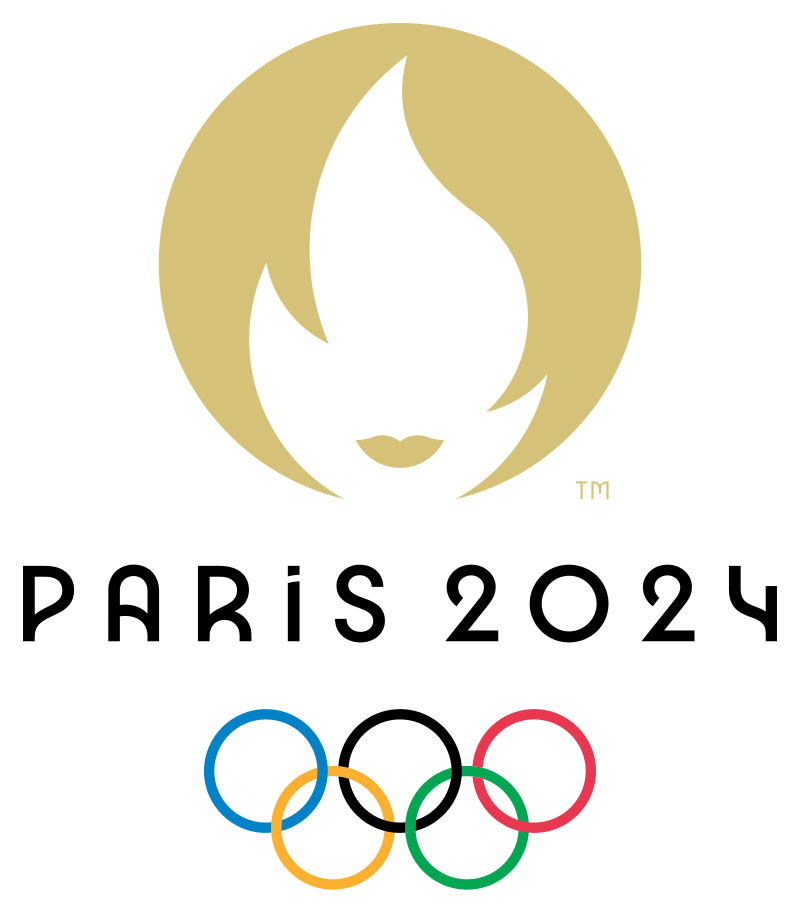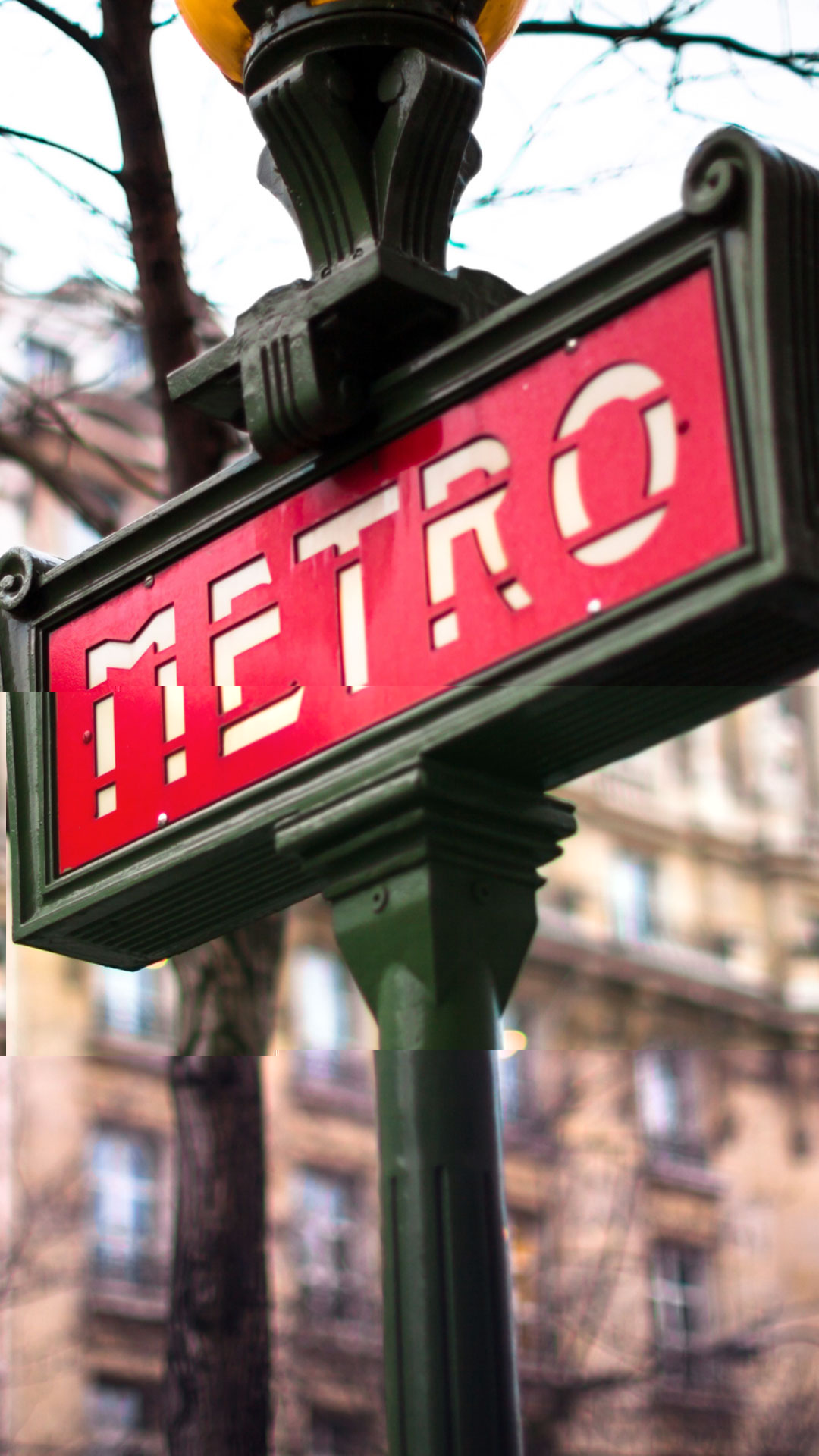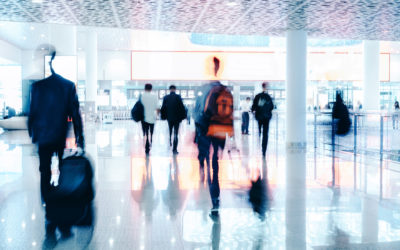Are You Travelling For Work During the Paris Olympics This Summer?
The Olympic Games are heading to Paris in July. Over 10,000 athletes will be throwing, swimming, running, cycling, and more for the chance to grab a gold medal and write themselves into the annals of Olympic history. For the Olympic surfers, this dream begins on the waves of Tahiti in French Polynesia – a break from tradition which sees an event held in a location beyond the host country’s borders.
It’s an exciting time to be a sports fan. And it’s an even more thrilling time to be a traveller – the Olympic Games is a beacon which attracts people from all across the globe, uniting disparate languages and beliefs into a single culture defined by healthy competition and the human affinity for fun.
But with an estimated 15 million visitors planning to head to the event according to the Paris je t’aime tourist office, travelling to and within Europe for work will almost certainly be affected. In this article, we take a look at how the Paris Olympics 2024 might impact business travel and offer our expert tips and advice to help you keep your trip on course.

Paris Olympics 2024 By Numbers
- 15 Olympic venues
- 11 Paralympic venues
- 3.8 mile boat parade to open the event
- 40,000 police officers to be stationed
- 10,500 athletes
- 329 events
- 15 million tourists expected
1. Expect busier streets and more people using public transport systems
There are some reports which suggest 2024 will set new records for the number of visitors heading to Europe, with the Paris Olympics a major catalyst for travel to the continent. Record-breaking or not, one thing is guaranteed: the French capital will have to host an influx of visitors this summer and transport infrastructure will be stretched to its limits.
If you’re travelling for work in France during the event expect delays on the metro, buses, and trains, in Paris and its surrounding towns and cities, especially during peak hours and around competition venues. But it’s not only French streets that will be feeling the strain. Neighbouring countries like Spain and Germany could also see a rise in travellers and tourists as Olympic visitors extend their trips to other parts of Europe.
What can you do about it?
Consider flying into a less congested European city before travelling to Paris by train, making sure that you have all of the relevant identification and paperwork. Here are a few recommended destinations:
- London: Eurostar train (2 hours)
- Brussels: Thalys train (1 hour 50 mins)
- Geneva: TGV Lyria high-speed train (3 hours)
- Frankfurt: TGV INOUI high-speed train (3 hours 40mins)
2. Prepare for accommodation to be busier and more expensive
With millions of people expected to stay in Paris, the cost of accommodation will rise as providers leverage the popularity of the Olympics to increase profits. Available rooms in Paris are hot property – many hotel rooms and rental homes have already been snapped up by fans looking to make the most of their time at the Games.
According to analysis from The Independent and Lighthouse data, hotel occupancy in Paris is set to be between 60 and 70 per cent throughout the competition, with overall hotel rates roughly 95 per cent higher than usual. Neighbouring countries will also have half an eye on profits they can make from the event, so prepare to spend more at hotels across Europe.
What can you do about it?
Avoid staying on Sunday, 04 August. According to reports, that’s set to be the most expensive date to book a hotel during the event – The Independent reported that a five-star hotel room is averaging €1,566 (£1,349) per night.
If you’re a Gray Dawes client, you can get in touch with your dedicated team of travel experts who can find you rates that are cheaper than anywhere else on the internet. Find out how.
3. Keep an eye on the French Parliamentary elections and what might change
France’s parliamentary elections take place on 30 June, with “run-off” elections lasting until 07 July. Not only could this herald the beginning of an entirely new government, it might also cause unrest and uncertainty which could have a detrimental impact on travel.
Besides a potential change in governmental policy surrounding the travel industry (any of which is unlikely to be enacted in the short time between the election and the start of the Games), a big political change could cause disruption in the capital, whether that be because of an increase in media attention or politically-motivated tensions.
What can you do about it?
Though Paris Mayor Anne Hidalgo says she has “difficulty understanding” President Macron’s decision to call an election so close to the Olympics, the president of the International Olympic Committee (IOC) Thomas Bach has assured fans that elections “will not disturb the Olympics”.
It would be wise to keep an eye on any political developments if you’re planning to travel to Paris on a work trip. That way you can prepare for any eventuality (or perhaps use the elections as an ice-breaker topic at your next business meeting!)
Related Articles
The Health Benefits of Business Travel
Beyond the obvious commercial advantages, business travel can offer significant health benefits, enhancing well-being through personal contact, cultural experience, and overall physical and mental health. This fascinating article explores why face-to-face always trumps screen-to-screen in the pursuit of traveller wellbeing.
Seoul: A Business Traveller’s Guide
Are you planning on travelling to Seoul (서울) for work? In this comprehensive guide to the city for business travellers, we delve deeper into navigating the city’s unique corporate landscape, offer our top tips for getting around, and pick out our top 3 things to see or do to make your trip unforgettable.
How to Conduct a Successful Travel RFP
Starting a full RFP (Request for Proposal) / tender process can be an overwhelming prospect. In this handy ‘how to’ guide, we take you through each element of the RFP process you’ll need to consider, enabling you to partner with a Travel Management Company (TMC) that’s ideal for your business.
LET’S TALK
Fill in the form below and we’ll get back to you as soon as we can.





